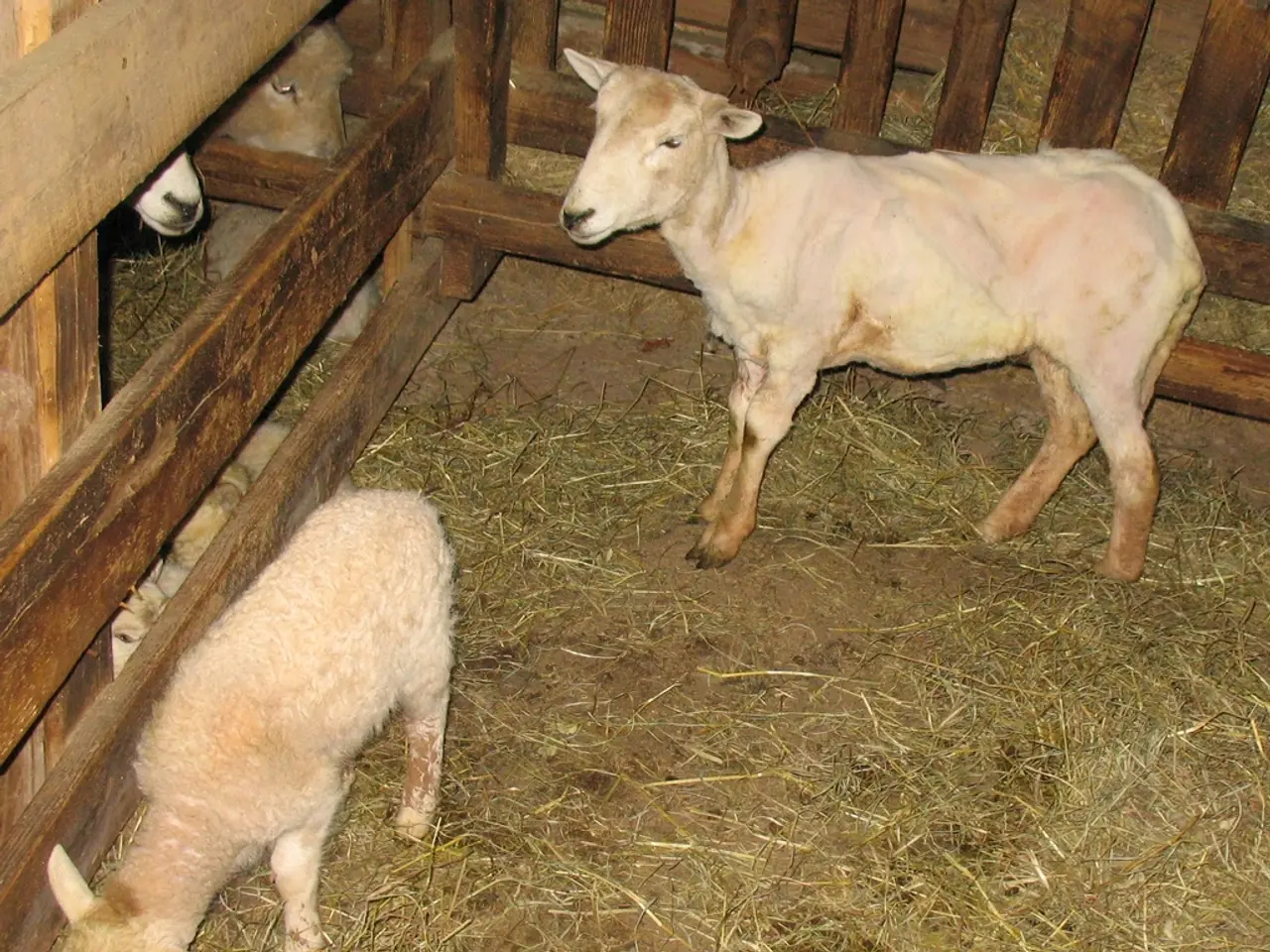"The argument posits that animal rights initiatives fail to effectively aid or protect animals."
In Germany, the ethical and legal framework for animals is centred around animal welfare, a philosophy that emphasises the protection of animals from unnecessary suffering and the promotion of humane treatment. This approach is primarily grounded in the German Animal Protection Act (Tierschutzgesetz), which recognises animals as sentient beings worthy of protection [1][3][4].
Under this law, animals are entitled to humane treatment, and euthanasia is only permissible for "reasonable cause," such as serious illness or if the animal was intended for consumption from the outset. This legislation establishes a focus on care and conservation over utilitarian use, ensuring that healthy animals cannot be euthanized arbitrarily [1][3]. For instance, the killing of healthy baboons in a German zoo was criticised as a violation of this Act, since the animals were not seriously ill nor intended for food [1][3].
Germany's shelters are also "no-kill" by law, further demonstrating the welfare focus on protecting animal life unless there is a serious health reason [3]. Penalties for cruelty include fines up to €7,500, and the German system is part of broader EU animal welfare regulations that prioritise humane treatment across farming and other contexts [4].
Ethically, the basis for this approach is the recognition of animals as sentient beings with intrinsic value, which mandates that humans have duties to prevent unnecessary suffering and ensure humane treatment [4]. This welfare orientation focuses on the quality of life and protection from harm rather than granting animals inherent legal rights.
However, the concept of animal rights goes beyond welfare by asserting that animals possess certain inherent rights similar to human rights, such as the right to life, liberty, and freedom from exploitation or use by humans. Animal rights philosophy rejects the use of animals as property or resources altogether [1].
While Germany's legal framework prioritises animal welfare, focusing on humane treatment and prevention of cruelty, animal rights ideology would challenge the fundamental use of animals as property or for human purposes [1]. This distinction is reflected in law enforcement, public policy, and activist debates within Germany [1][3][4].
Animal welfare advocates' actions are based on scientific findings, aiming to ensure that animals under human care live in a species-appropriate and animal-friendly manner [1]. It's important to note that not all animal rights activists are animal protectors. The simple black and white thinking that everything natural is good and everything unnatural is bad ignores reality [1].
The "animal rights" industry has been criticised for misleading people, including politicians and the press, and has unjustly obtained tax-exempt status [1]. The slogan "Artgerecht ist nur die Freiheit" (Only freedom is art-appropriate) is problematic and could lead to violations of animal protection laws [1]. The demand for freedom for animals is not logical because animals do not have a concept of "freedom."
In conclusion, Germany's ethical and legal framework is centred on animal welfare, emphasising protection against suffering within a regulated use framework, whereas animal rights advocate for granting intrinsic rights to animals that would restrict or eliminate their use by humans. This distinction is reflected in law enforcement, public policy, and activist debates within Germany.
- In the realm of fashion and beauty, adopting cruelty-free products, such as cosmetics and clothing made without animal testing or fur, aligns with Germany's animal welfare ethos.
- For pet owners, providing a compatible and comfortable living environment, which includes exercise, nutrition, and healthcare based on the pet's species, promotes animal welfare and complements the German legal framework.
- In the food and drink sector, choosing plant-based options or ethically farmed meat and dairy products that prioritize animal welfare can be a decision guided by the German Animal Protection Act.
- In the field of education and self-development, learning about wildlife conservation and sustainable practice in home and garden settings can foster respect and care for animals and ecosystems, furthering the principles of animal welfare.




